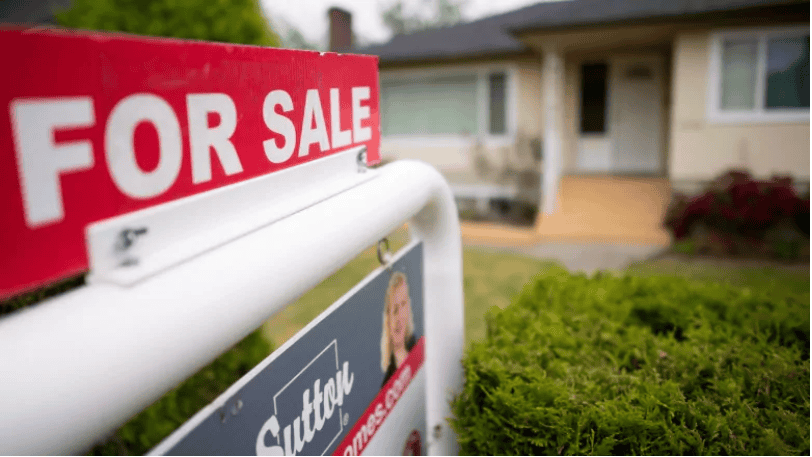
It is rare to see a V-shaped recovery, writes personal finance columnist Mark Ting
Spring is usually the hottest season for real estate but that wasn’t the case in 2019. We saw inventories build and prices trend downwards. However, things appear to have changed since then.
According to the Canadian Real Estate Association, national home prices have increased for six consecutive months. The national home price index is up by 0.9 per cent since August 2019.
Economists from RBC and Sotheby’s have declared the housing correction over and expect a gradual rebound over the near term. Homes priced up to $1 million have seen an uptick in selling activity, whereas the higher priced luxury market, which has been hit the hardest, remains soft.
Since the spring, sentiment around real estate has improved. Interest rates have been dropping and prices have adjusted downwards. This means that buyers can afford more “house” compared to last year.
There is also a greater sense of urgency to purchase compared to last spring due to the China/Hong Kong conflict. Some fear that if the conflict escalates, as many as 300,000 Hong Kong/Canadian dual citizens could flood our local market and drive up prices.

It’s hard to generalize our real estate market. It isn’t one “Lower Mainland” market — it is more like 30 submarkets. Overall, I’d say it is more or less balanced, with lots of hot and cold pockets. It really depends on the location and price point.
Hurting markets
Pre-sales and newly built condos aren’t selling very well. Not only is there currently a large number available on the market, there are more expected over the next year.
Several pre-sale projects have been cancelled due to a lack of demand with some developers needing to offer incentives to entice buyers.
This past June, a developer was famously offering buyers a years’ worth of avocado toast, but since then they have had to up the ante. Now, instead of toast, one developer is giving away a Telsa worth $55K with every home purchase.
Another area not doing well is the luxury market. This has been the hardest hit with price drops, in some areas, of 40 per cent. The main reason for the lack of buyers is that, despite the 40 per cent price drop, the luxury market is still expensive. A home worth $7 million in 2017 would still cost over $4 million today, a price few can afford.
Those buying in the luxury market in 2017 were often foreign buyers and that market has completely dried up. Many have suggested that foreign buyers used our real estate market as a bank account. Well, instead of making deposits, they are now making withdrawals.
For the first time in decades, the Chinese have become net sellers of global assets, which includes Vancouver real estate. As a result of this behavioural change, the areas of our market that were popular with foreign investors are now struggling.

Election season
Another consideration that will have an impact on real estate is the upcoming election. Exactly how the election will affect housing is hard to quantify as we don’t know who will win, whether they will follow through with their pre-election promises or, if they do, how fast they implement their plan.
I’m not rushing into this market even if some experts say that it has bottomed. It can bounce along the bottom for quite some time. It is rare that you see a V-shaped recovery with real estate unless there was a major crash.
At the end of the day I use spreadsheets. If the math works, be it a home for you to live in or a revenue property, then I would be inclined to go through with a deal. If the math doesn’t work, then be patient and try again when the numbers make more sense.


